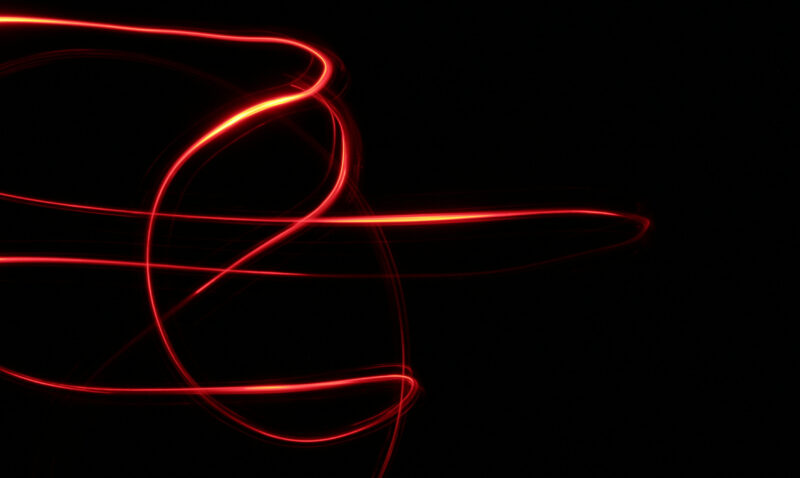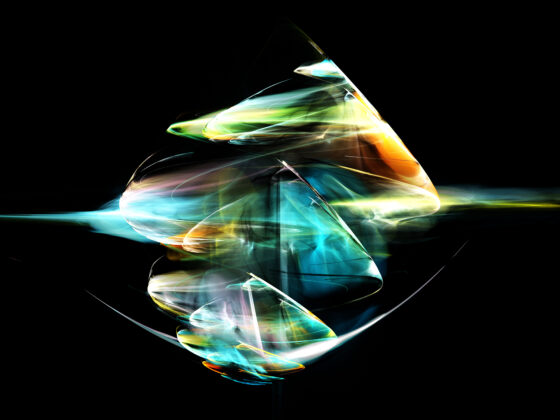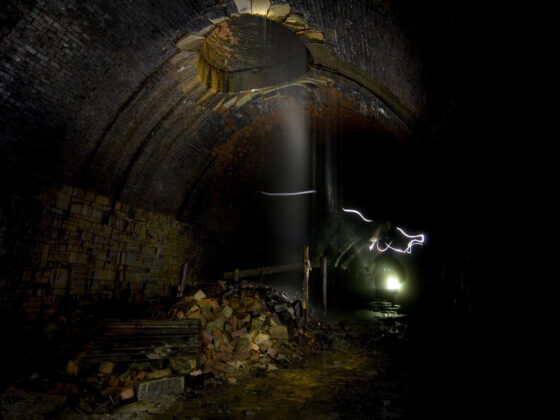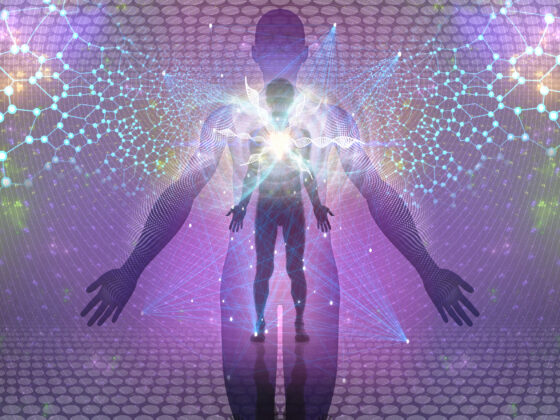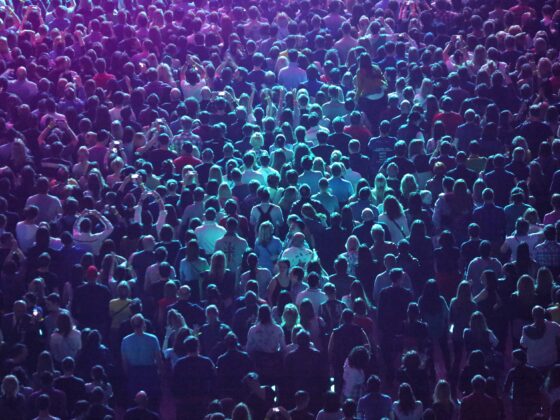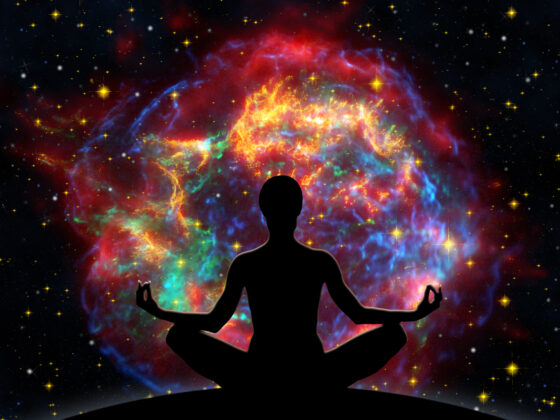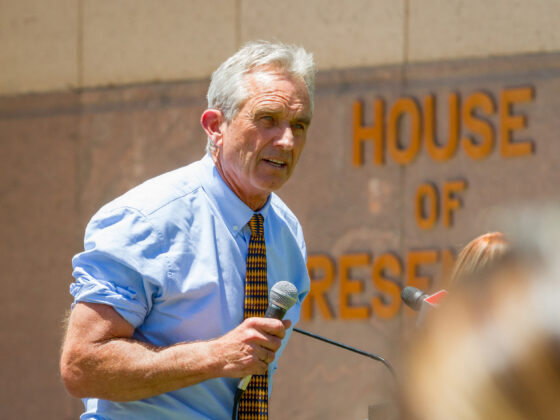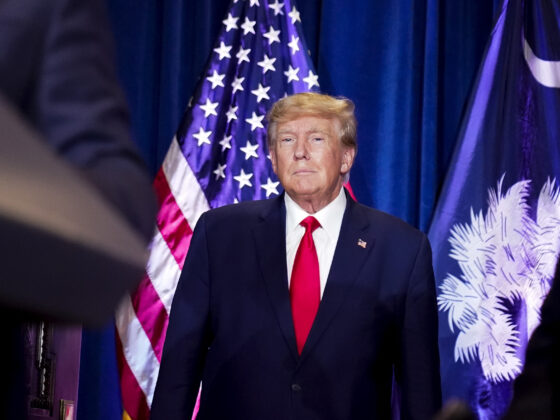I have of late (and not for the first time) been mulling over the differences between form and essence.
Form is the outside of something, the shell that we often regard as amounting to its reality.
But its true reality lies in the essence from which it sprung, in the quality it possessed even in a condition of potential realisation, without the need for it to have assumed any concrete form.
The possibility of threeness, for instance, that is to say the potential of something consisting of three parts, already exists before I cut a slice of pizza into three pieces to share with my friends.
Darkness and light remain permanently real in the realm of possibility without the need for them to be given form by someone turning a light switch on and off.
Forms are merely physical examples of essential phenomena, provisional signs that indicate something out-of-time on which they entirely depend for their possible existence.
In a world in which certain forces can call upon almost unlimited material resources in order to manipulate form for their own purposes, it is important to realise that the permanent reality of essence will remain unchanged.

The great insight of the perennialist philosophy, which has long interested me, is that the various exoteric forms taken by the world’s religions conceal a shared esoteric essence.
Although each different tradition can act as a signpost to essential truth, their specific teachings remain on the surface of particularity and are thus of a lower, less authentic, nature.
This means that the essential truth behind these faiths, their true source and inspiration, is never vulnerable to attack and manipulation by malign elements.
The essential source of the believer’s faith is unaffected by anything concerning mere form because it does not originate in the outer surface of the religion in question, but rather in the universal light and truth accessed from their own heart.

We can apply the same analysis on the political level.
Political ideals cannot have the same primal purity as metaphysical truth, but they can still be animated by its essence, albeit filtered by particular historical, social and individual circumstances.
When we really believe something, this comes from inside, from our heart or our gut, and we seek out representations of that belief in the world outside.
A mistake we often make, particularly when we are young, is to grasp too fast at the first external form we come across that seems to correspond to our inner conviction.
Because what we “come across” is often determined by the full-spectrum information monopoly of the malignant system, we can find ourselves projecting our idealism on to manipulative political constructs.
A young person who loves nature, and life, and sees this being destroyed by the machineries of industrialism, might easily mistake corporate tools such as Extinction Rebellion, or Greenpeace, for genuine carriers of her or his ideals.
The consequences of this political projection can be disastrous: think of all the idealistic nature-loving young Germans who fell for the murderous Nazi scam or all those across the world whose opposition to dehumanising industrial capitalism led to them identifying with the dehumanising industrial Soviet communist experiment.
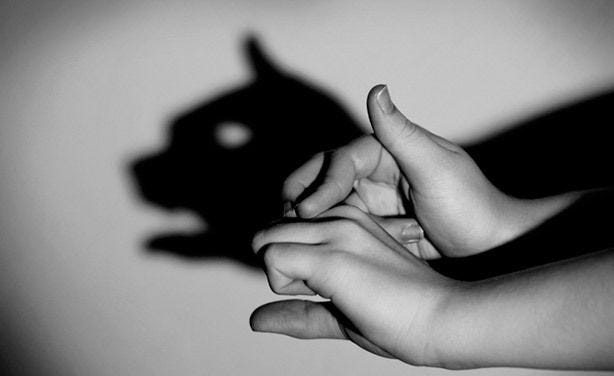
The same distinction applies to individual thinkers. Because it is has no authentic philosophy of its own, just a brutal lust for power, the system finds it difficult to argue against dissidents’ actual opinions.
It prefers to smear them on a personal level. Each of us is necessarily imperfect, flawed in some way, and it does not take much exaggeration and invention to turn a figure of inspiration into an object of suspicion or contempt.
But I have realised that it doesn’t ultimately matter what is true and what isn’t true in the attacks on the personal reputations of thinkers I admire, such as Mikhail Bakunin, John Ruskin, Leo Tolstoy, Mohandas Gandhi, Carl Jung, Joseph Campbell, Aldous Huxley or George Orwell.
What I like about them is the truth that I see reflected in their writing. My ability to recognise that truth comes from within me and thus from our collective innate wisdom, itself part of the pattern of the living universe.
You can remove all the forms which point me towards essential truth but the truth is untouched.
This obviously also applies to me, from everybody else’s perspective.
You might read tomorrow that “Paul Cudenec” is in fact a cunning Russian AI drone orbiting the earth from underneath, in a network of stinking sewers and subterranean ducts, feeding off excrement and dead rats and waging a subliminal far-right/extreme-left microwave disinformation war on the brains of the helpless global population.
This isn’t actually true, I hasten to add!
But even if it was, it wouldn’t matter.
If you like what I write, it is because you agree with at least some of it. The very fact of “agreeing” means that you already had this opinion, even if you hadn’t previously formulated it in exactly the same way.
And where did you get that opinion from? The same place as I did.
Our deepest opinions, our real principles, come from an essential truth which is the source of our very being and can never be altered by the endless lies of those with all the power that money can buy.


